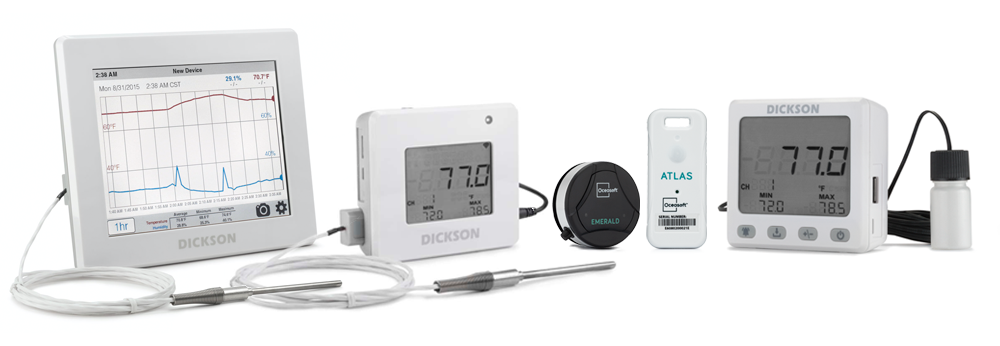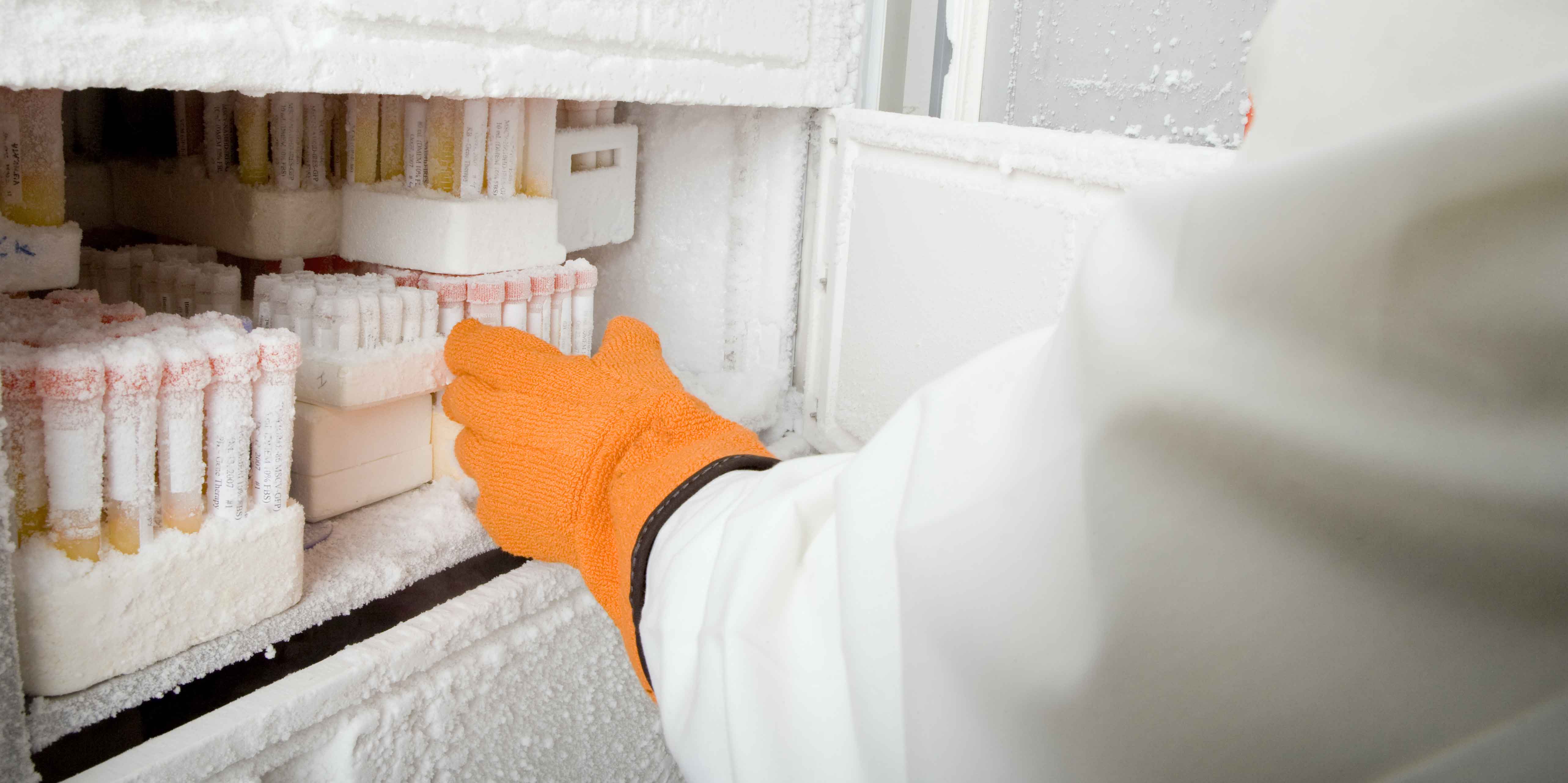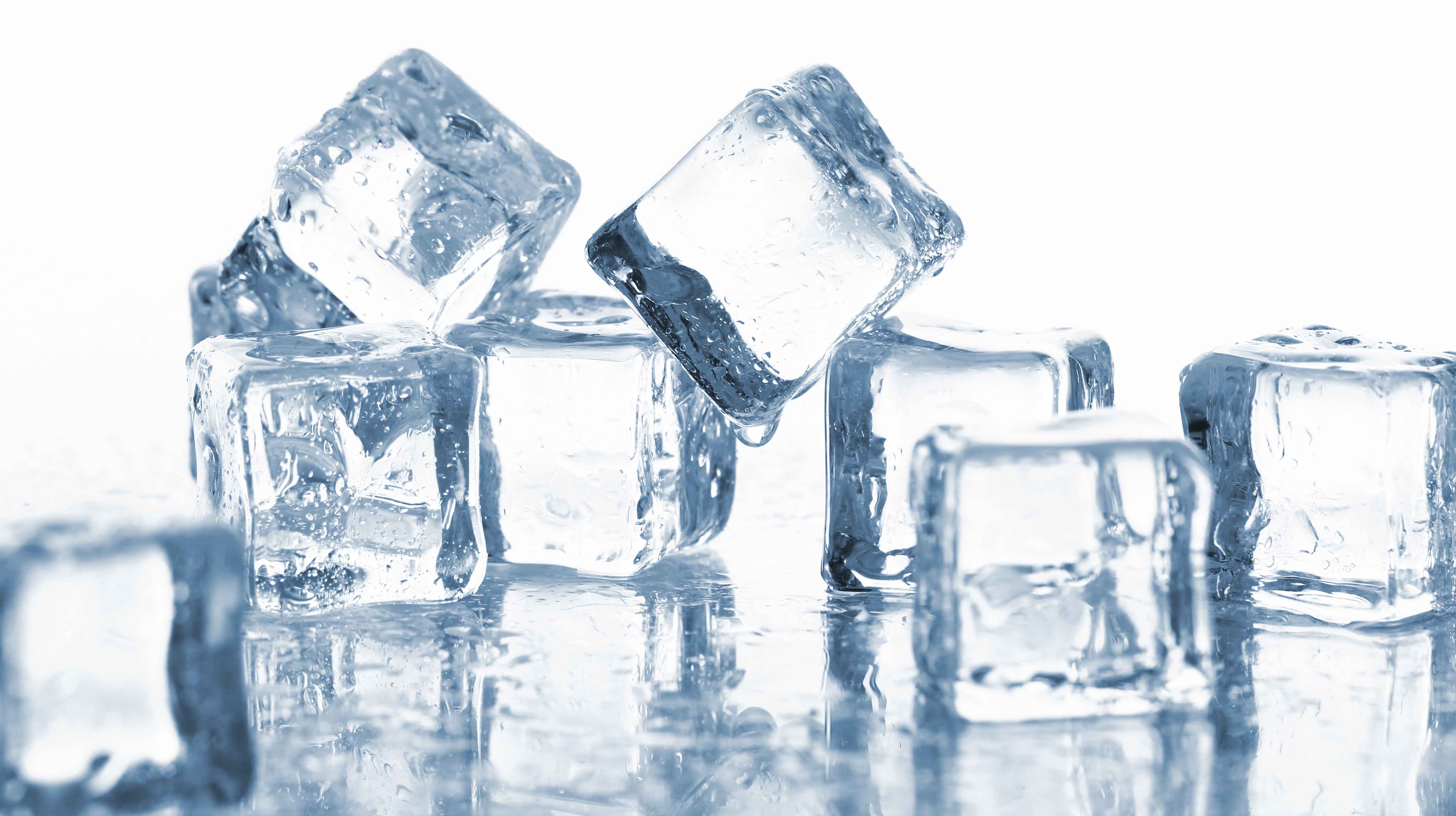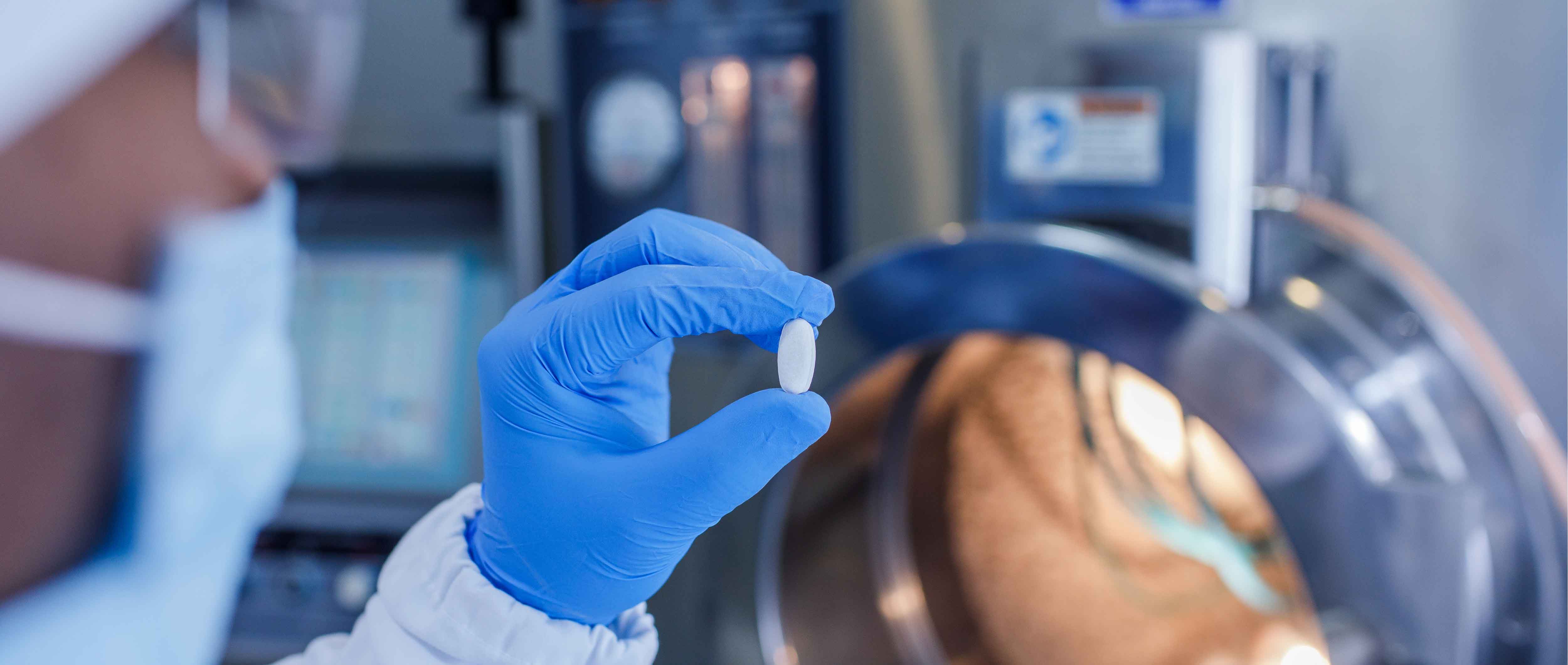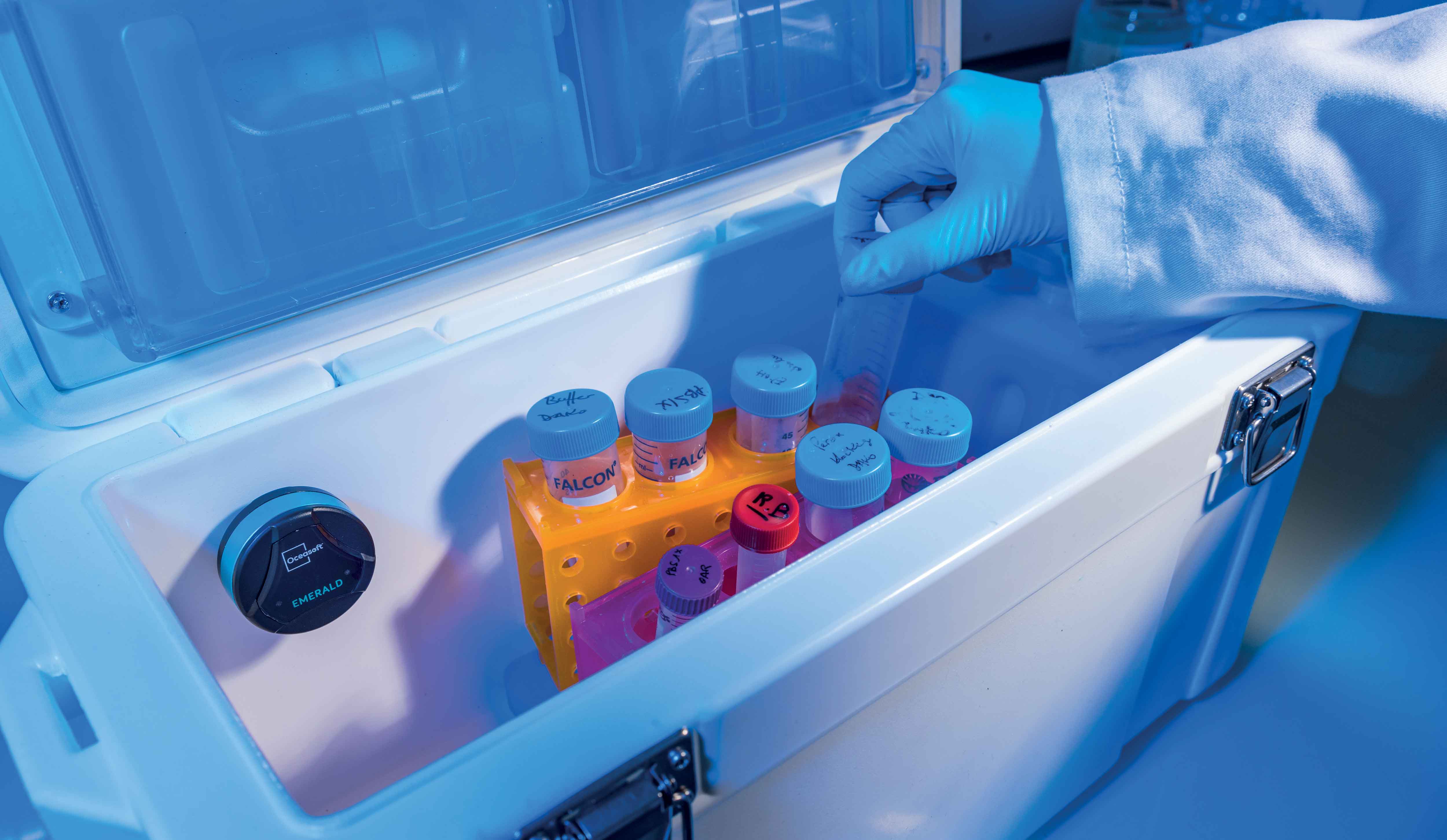Data loggers are a key part of a comprehensive environmental monitoring strategy. Having the most up-to-date digital data loggers can simplify regulatory compliance and help to protect sensitive assets.
Read MoreAt the most basic level, data loggers are stand-alone units that record a stream of information from a sensor, or a set of sensors. The data logger stores this information for later review, analysis, and archiving, and may even trigger alarms if a problem is detected. They are a critical component...
Read MoreEnvironmental monitoring is an important tool to protect materials that are sensitive to changes in temperature or humidity. Examples include pharmaceuticals, perishable foods, and some specialty chemicals. A good monitoring system provides a precise, complete record of environmental conditions in...
Read MoreAs of late January 2021, we’re in the early stages of the COVID-19 vaccine rollout. There are two vaccines approved for public distribution in the US, both of which are mRNA based (made by Moderna and Pfizer), with several others in late stage trials or approved for limited use. Roughly 38 million...
Read MoreThere are essentially two types of devices used today for environmental monitoring and record-keeping: mechanical chart recorders and digital data loggers (DDLs). Chart recorders are, by far, the older technology, dating back about 100 years.
Read MoreThe November announcement by Pfizer and BioNTech of promising interim data in their COVID-19 vaccine trial represented the first breakthrough in a series of world-changing developments surrounding the efficacy of COVID-19 vaccines. While other successful trials and subsequent approvals followed,...
Read MoreFreezers are a critical element of the supply chain and storage of many different high-value products, including medicines, vaccines, laboratory samples (for hospitals and research institutions), foods and beverages, and specialty chemicals. These products must be kept cold in order to maintain...
Read MoreVaccines are distributed through a refrigerated supply chain, known as a “cold chain”. For a vaccine to maintain its potency, this cold chain must be unbroken from manufacturing to administration at the healthcare provider. Vaccines generally fall into two classes, based on whether they should be...
Read MoreA leading company that provides specialized products to the pharmaceutical and biotechnology industries, needed a solution to help them improve their process of maintaining product quality and compliance within their cold storage units.
Read MoreTemperature-sensitive products (vaccines, for example) must be kept cold along the entire supply chain, from manufacturing to point of use. The equipment and procedures used to ensure this is referred to as a cold chain.
Read More

